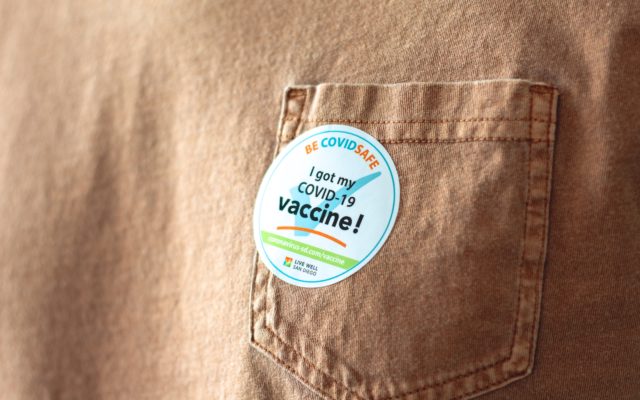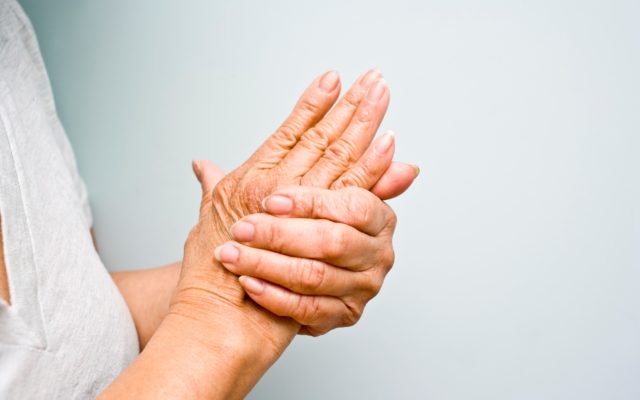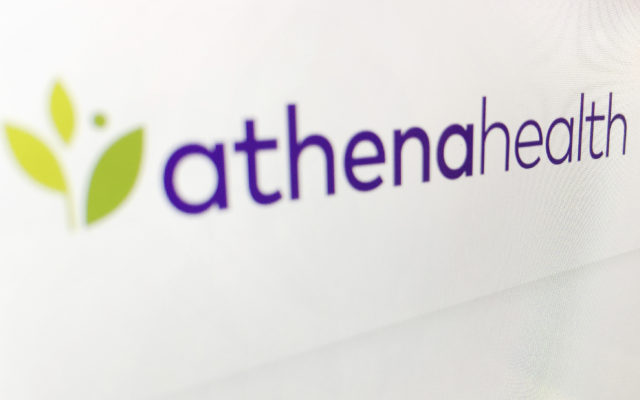
“With the hospice team, you have resources and support so that you do not have to face losing a loved one alone.”
For many, the holidays are a special season full of quality moments spent with the people who matter most in our lives. As we celebrate with loved ones, it’s common to reflect on the people who have been a significant part of our lives, but who are no longer with us. Or perhaps you’re in the process of losing someone during the holiday season, which can add an extra layer of difficulty. When it comes to end of life care, hospice plays a very important role for many individuals and families who are dealing with this stage of life. In order to get a better understanding of what hospice is, why it’s important, and how it can make a difficult situation easier on everyone involved, we sat down with our very own Adrienne Solis-Sherman, MSN, RN, CHPN for an in-depth look at this line of work.
Q: What is hospice?
A: Hospice is end of life care for patients who are terminally ill and no longer wish to seek aggressive or curative treatment. Our team is comprised of our medical director, registered nurses, social workers, physical therapists, home health aides, specialists in non-denominational spiritual care and bereavement services, and volunteers. Together, we work with our patients and their families to ensure the highest possible quality of life until the end of life. Generally, this includes symptom management and whatever else is important to the patient.
Q: Why is hospice such an important service line?
A: Hospice is so important because it puts the patient in charge of their final months of life. It also enables the family to feel incredibly supported at a time when they are making some of the most difficult decisions they’ve ever made. In hospice, we care for the whole person and their family. With the hospice team, you have resources and support so that you do not have to face losing a loved one alone.
Q: What is the difference between Oaklawn Hospice and Oaklawn HomeCare?
A: HomeCare is skilled nursing or physical therapy care provided to patients that are homebound (i.e. wound care, heart failure education and assessment, or therapy after a joint replacement). Although hospice care is also provided in the home, hospice patients do not have to be homebound. Hospice care is for terminally ill patients whose physician certifies that they have six months or less to live if their diagnosis runs its usual course.
Q: What is the ultimate goal of hospice?
A: To support patients and their families through the dying process and provide a “good death” in which the patient is free of pain. The goals of our hospice patients are as unique as the individual, and the goal of our team is to honor the specific wishes of each patient.
Q: Why should someone consider hospice for a loved one?
A: Hospice care provides an incredible amount of support for both the patient and the family. We take much of the burden off of the family and enable them to make the most of the limited time they have left with their loved one.
Q: What is the single most important thing that people need to understand about hospice?
A: Hospice provides superior end of life care to terminally ill patients and their families, respecting dignity and optimizing comfort to ensure quality of life to the end of life. Unfortunately, many times patients do not elect hospice until the very last days, or sometimes final hours of life. The sooner that hospice can become involved, the sooner we can optimize our patient’s quality of life and establish a relationship with them. People often delay hospice because they doubt themselves and question if they are making the right decision. It is important to remember that once you sign onto hospice, you can always sign off should your situation change or should you decide you want to seek curative treatments.
Q: What are some of the misconceptions about hospice?
A: Hospice care does not hasten death, nor does it prolong it. Morphine does not kill patients. This is a common misconception that relates to the fact that the hospice team treats and manages pain until the patient takes their very last breath. It is not uncommon that a dose of pain medication, typically morphine, is administered just prior to death. Death is not painful, disease is painful.
Q: What can someone expect when transitioning to hospice care?
A: People can expect to be fully supported throughout the last months of their life. We offer free hospice informational visits to any patient that has a terminal illness and no longer wishes to seek aggressive treatment (i.e. curative surgery or chemotherapy). This informational visit is a no cost, no pressure, no obligation visit with a registered nurse, social worker, or both. We provide information about our services and work with you to decide if hospice is right for you. We can also provide financial information regarding insurance coverage. Hospice is 100% covered by Medicare. If a patient elects hospice services our team will work to manage symptoms, pain, shortness of breath, anxiety etc. We work with you to find out what is important to you and together we form a plan of care that is unique to each patient. Our visits and how frequently we visit you depend on your needs. We anticipate these needs and we know that they change daily. At any time, should a patient decide they want to seek treatment, all they have to do is sign off of hospice services. Occasionally, we will have people graduate from hospice.
Q: How have you seen hospice positively impact families that have a loved one who was cared for by hospice?
A: So many times we have families say, “I don’t know how we would have done this without you”. The hospice team empowers families to honor the final wishes of their loved one. Often this means offering the support and resources needed to keep patients in their own home in their final days. This is done through a lot of support and education on death and the dying process. We decrease the fear and anxiety often experienced by our patients and families through education and being present with them. For many people, just knowing that we have a registered nurse on call 24/7, 365 days/year is very comforting.
Q: What’s it like to work in this field?
A: Hospice is a very rewarding field and it is a reality check on what is really important in life. We are continually humbled by how caring our patients are, and how they, during their final days, truly teach us how to live life. We also highly encourage self-care, of our family members and our team. We cannot give our best to our patients unless we also take care of ourselves.
Q: Oaklawn’s tagline is Real People. Real Care. How do you think hospice exemplifies this?
A: Each patient we have on our service is a unique individual with different goals. Different things are important to different people. We tailor our care to our patients and their family’s needs. Our very small team of about 14 has around 100 years of experience in hospice care alone and many more years of experience in the medical profession. We have trusted our team to care for our own family members because we know that each patient is treated as a person. Danielle Mack, Hospice Volunteer Coordinator, said it best when she said, “Everyone is someone’s special person”.
Q: Why is hospice a rewarding field to work in?
A: In hospice, we care for people when they are going through the worst time of their life. Having the knowledge and skill-set to provide evidence based care to walk them through that process is very gratifying. When we empower our patients and their families to make decisions about their care, we put them in charge. It is also very rewarding to get to meet people from all different walks of life and hear their stories. Dying people often share their biggest regrets, greatest fears, and greatest accomplishments.
Q: Can you think of a particular moment with a hospice patient that made an impact on your life?
A: For me this moment came when I was caring for a young woman in her early thirties with end stage ovarian cancer. She was almost my age and had two children that were close to the age of my own children. Watching her interact with her husband and children in the last weeks of her life had a profound impact on me. I will always be grateful for that experience and for the perspective she gave me on what really matters in this life. I always say that our patients teach us so much more than we could ever teach them.
Click here for more information on hospice services at Oaklawn.

